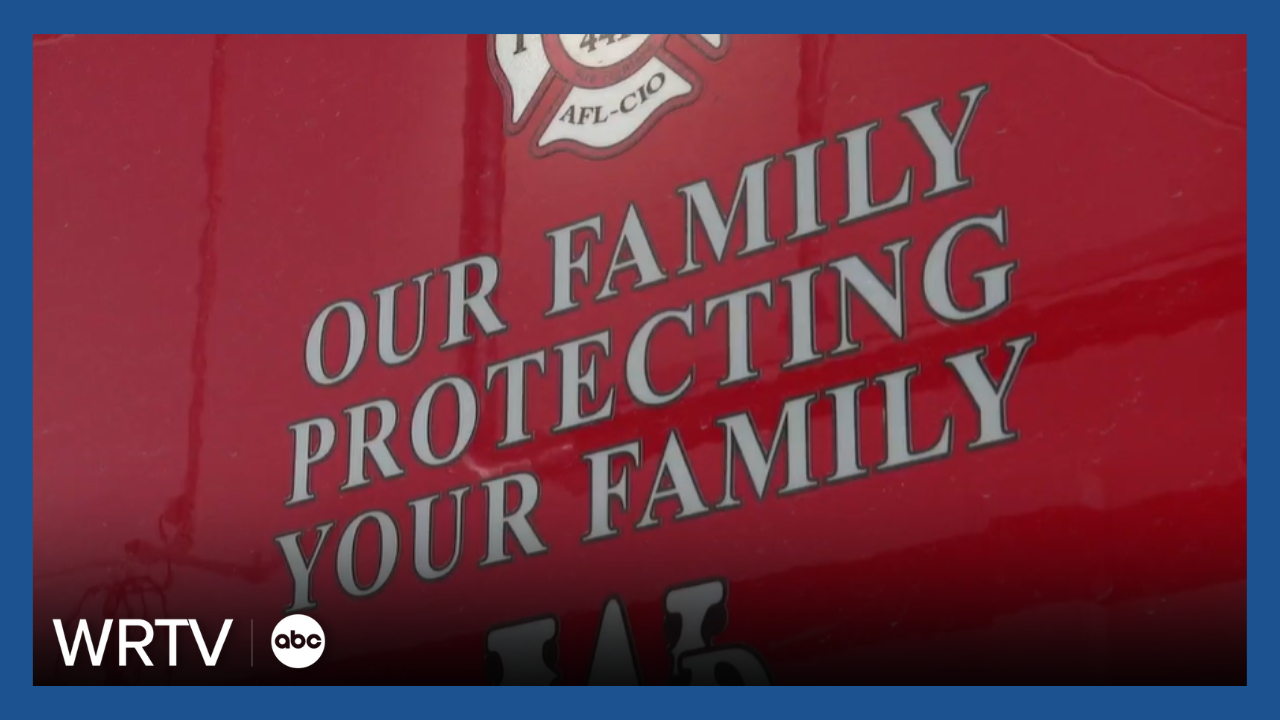WESTFIELD — A new ordinance passed by the Westfield City Council aims to reduce the strain on emergency services by fining senior living facilities for repeated non-emergency 911 calls.
The policy, approved this week, introduces a tiered fee system for non-emergent EMS calls such as lift assists with no injuries or routine patient transports that don't require urgent care. It is believed to be the first ordinance of its kind in Indiana.
Westfield Fire Chief Rob Gaylor said the city’s fire department has responded to 1,651 EMS calls in the first half of 2025. Nearly a third of those calls came from residential care facilities, and about a third of those were deemed non-emergencies.
“These facilities have staff and things in place to assist and take care of people,” Gaylor said. “And they're calling the fire department or 911 services sometimes when it's not necessarily a true emergency.”
Gaylor stressed that non-emergency calls can delay responses to life-threatening incidents, especially during peak times.
“We had multiple units out on simultaneous calls at the same time. So if even 30% of those, even 15% of those were for non-emergency type runs, yeah, we're delaying responses for critically injured and ill people,” he said.
The new ordinance, which takes effect in October, will charge facilities, not patients, with escalating fees based on how often non-emergency calls are made.
Residential facilities are encouraged to manage non-injury cases internally or use one of several private ambulance services for routine transport.
To ease the transition, the Westfield Fire Department’s Mobile Integrated Health division will assist facilities in adjusting protocols and setting up transport alternatives.
Still, officials caution that in cases of uncertainty, calling 911 is always the right move.
“You should always call. I guess it's just use your best judgment. Is this a safety risk right in this moment?" explained Hamilton County dispatcher Kristen Gamble.
Gaylor echoed that sentiment, urging residents and staff to “utilize your resources and use 911 as true emergencies.”
The city hopes the policy will help prioritize emergency resources for those who truly need them.







